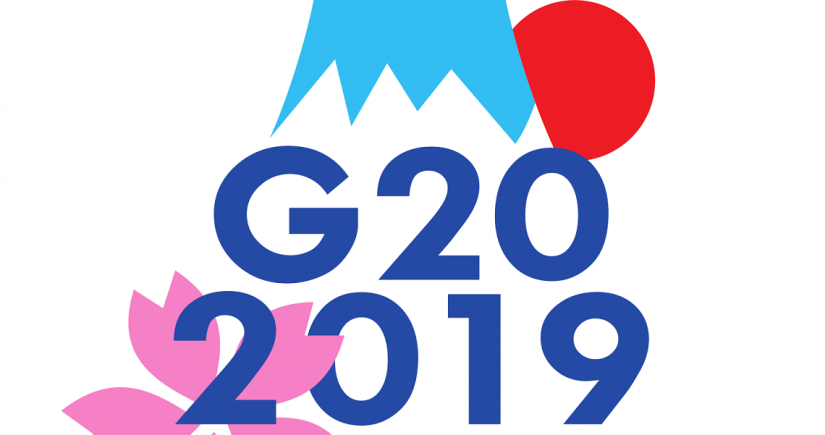The G20 has endorsed the CoST approach to tackling corruption, mismanagement and inefficiency throughout the infrastructure project cycle, in an annex to the Leaders’ Declaration which was released during the 2019 Leader’s Summit in Osaka. The Compendium of Good Practices for Promoting Integrity and Transparency in Infrastructure Development recognises that countering corruption is a key requisite for achieving high-quality, high-value infrastructure and directly references CoST’s approach in enabling this.
The compendium’s overarching message is that a holistic approach is needed to promote integrity and transparency throughout the infrastructure cycle. CoST welcomes this commitment, which aligns strongly with many aspects of the CoST approach: making data publicly available, promoting participation from the public and civil society in the project cycle, and creating integrated online platforms to support transparency and accountability.
The compendium also promotes the use of open data to shine a light on infrastructure, and here the Open Contracting for Infrastructure Data Standard (OC4IDS) is specifically referenced. This standard, developed by CoST and Open Contracting Partnership, helps standardise the approach to disclosing information across the entire project cycle.
Furthermore, CoST is cited as key to mitigating the risk of corruption in infrastructure by encouraging private sector, civil society and the government to work collaboratively in this area. Specifically, the compendium states that:
”CoST (tackles) mismanagement, inefficiency and corruption throughout the infrastructure cycle. CoST works with governments, industry and civil society to improve the performance and quality of infrastructure by promoting open contracting and facilitating civil society oversight of infrastructure investments. CoST has developed tools, guidance and support that assist governments, civil society and the private sector to disclose, validate and use infrastructure data. This includes the Open Contracting for Infrastructure Data Standard (OC4IDS) and an independent assurance process that turns infrastructure data into compelling information, highlighting issues of concern at each stage of the project cycle”.
CoST Executive Director Petter Matthews, who is International Chair of the C20 Infrastructure Working Group said:
“We are delighted that this annex, endorsed by G20 leaders in their declaration, has recognised the importance of the CoST approach, sending a clear message to governments worldwide on how CoST helps to mitigate corruption, mismanagement and inefficiency in public infrastructure. The specific reference to the OC4IDS also recognises a growing awareness of how important technology and innovation have become in managing data and linking it to practical improvements. We hope G20 countries will not stop at endorsing CoST and similar reforms, but go on to adopt them themselves.”
